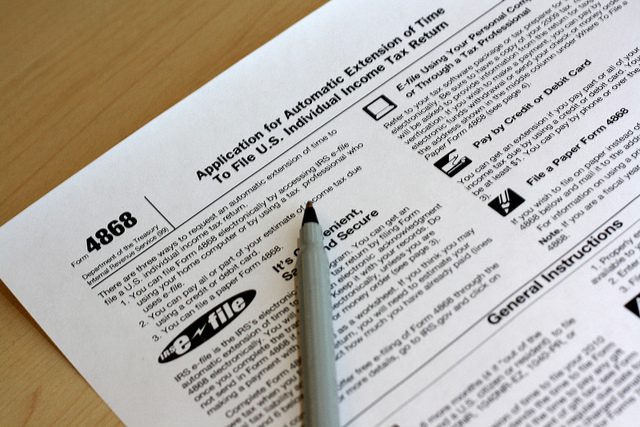Most people participate in some form of a team or group on a regular basis. This happens through recreation in the realm of sports and clubs. This happens on the job as people come together to get things done within organizations.
Although you likely have been part of both groups and teams in the past, do you understand the difference? What are the key distinctions between a group and a team?
Defining Teams
Larson and LaFasto describe three basic characteristics of teams.
- Two or more people
- Specific performance objective or recognizable goal to be attained
- Coordination of activity among the members of the team is required for attainment of the team goal or objective
Independent or Coordinated Effort
Larson and LaFasto’s third point is the key to answering our question.
- Groups organize around individuals bringing together independent work in light of individual goals.
- Teams organize around individuals bringing together coordinated work in light of collective goals.
Contrasting Groups and Teams
|
Groups |
Teams |
|
Independent Work Individual Goals Individual Accountability Individual Evaluation |
Coordinated WorkCollective Goals
Mutual Accountability Collective Evaluation |
Valuing Both
I highly value teaming done well. However, there is a time and place for both groups and teams.
Groups are generally more helpful for quickly and efficiently getting things done in the context of a temporary working relationship. When individual and independent work can be brought together to advance the individual goals of multiple parties, then a group is an efficient way to work together. Many of the group projects and assignments I’ve completed over the years of my schooling fit into this group model.
Teams are generally more helpful for taking on bigger projects over a longer period of time. When the outcome requires coordinated work being brought together to advance collective goals that will be collectively evaluated, then a team is the most effective way to work together. Although teaming done well tends to take more time than working as a group, this extra time investment pays off in the quality of the team’s performance.
Speed or Quality
- Groups are best when the stakes are lower and speed is the key.
- Teams are best when the stakes are high and quality is more important than speed.
“If you want to go fast, go alone. If you want to go far, go together.”
– African proverb
This African proverb sums it up well. Though most of us want to go fast AND far, usually we have to prioritize one over the other. Groups help us go fast. Teams help us go far.
Enjoy the journey of working with others. I’d love to hear your experience of working with groups and teams!
Reprinted from Purpose in Leadership.













